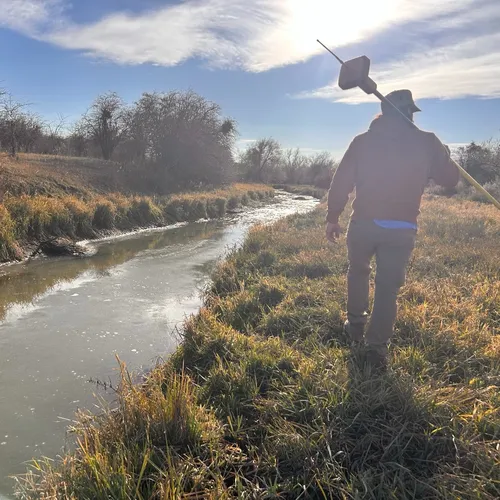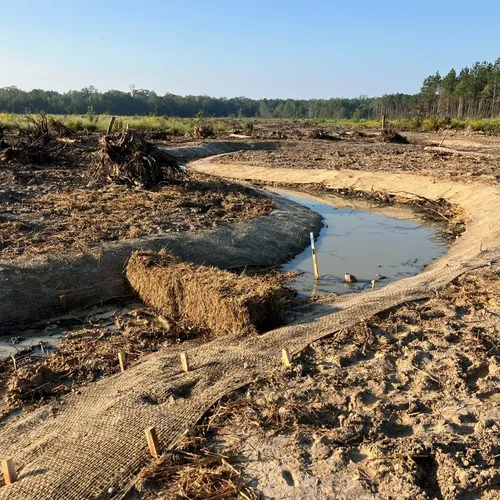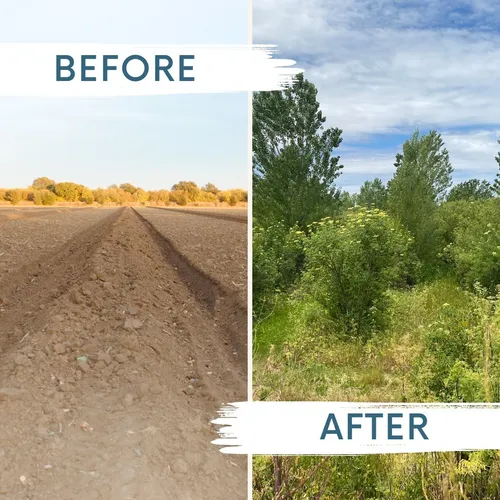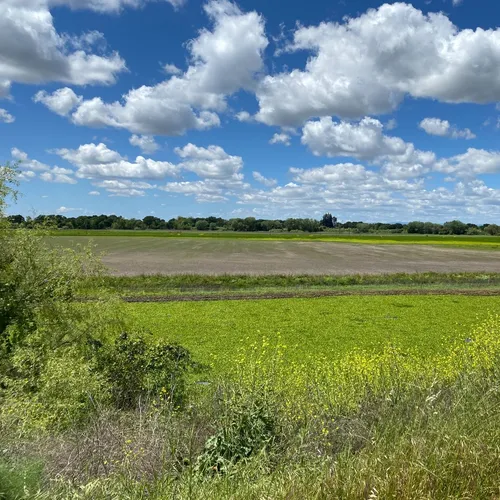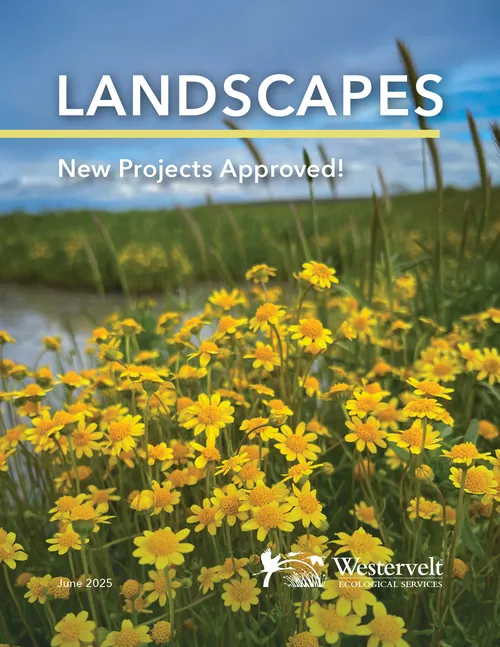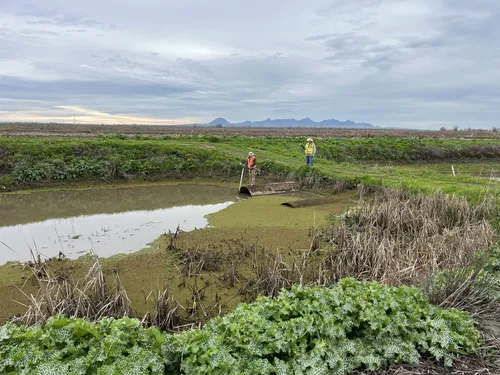wesmitigation Field Friday! 🥾🌿 Our team in the Rocky Mountain region has been out and about doing some wetland delineations on a potential new project. When starting new wetland restoration projects, …
See post on Instagramwesmitigation We've got dirt moving! 🌱 Some of the early pictures of the stream restoration activities going on at our Sipsey River project in Alabama. The team is working on restoring …
See post on Instagramwesmitigation Before and After - Nicolaus Ranch VELB Conservation Bank After about 9 years, our Nicolaus Ranch project looks so different! It's great to see how the elderberry trees have grown …
See post on Instagramwesmitigation Zacharias Ranch Mitigation Bank Approved! We are so excited to announce that we have received agency approval from theU.S. Army Corps of Engineers, the U.S. Environmental Protection Agency, and NOAA’s …
See post on Instagram
